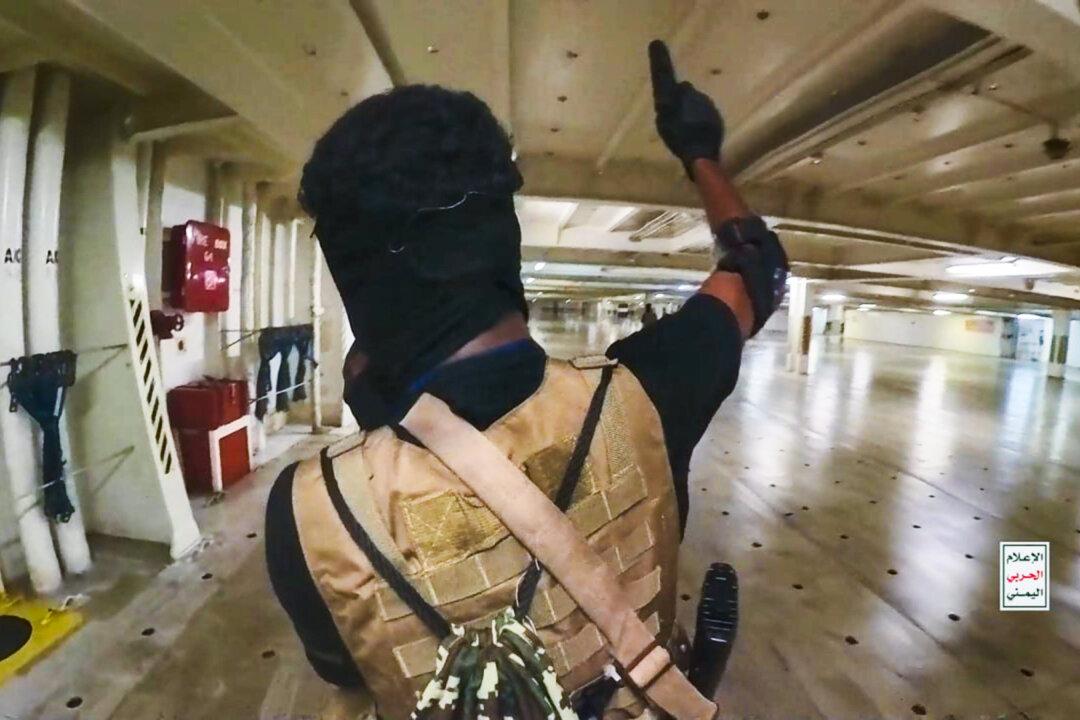The Yemen-based Houthi terrorists have disrupted global shipping routes by attacking civilian ships in the Red Sea as Iran, China, and Russia align to present a new challenge to the West, according to experts.
Earlier this month, North Korea fired hundreds of artillery shells in the waters near South Korean islands, threatening to attack South Korea with nuclear weapons if necessary.





